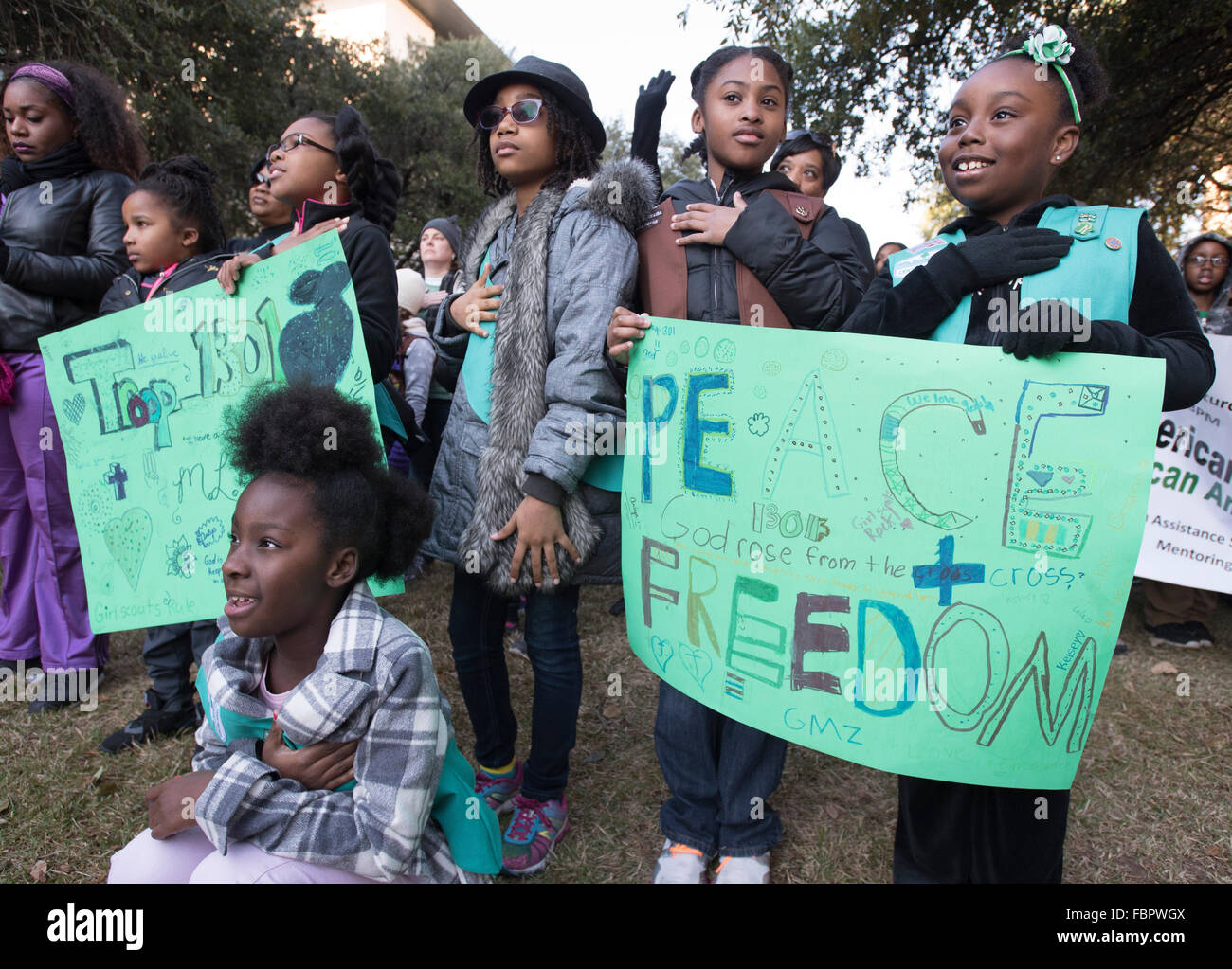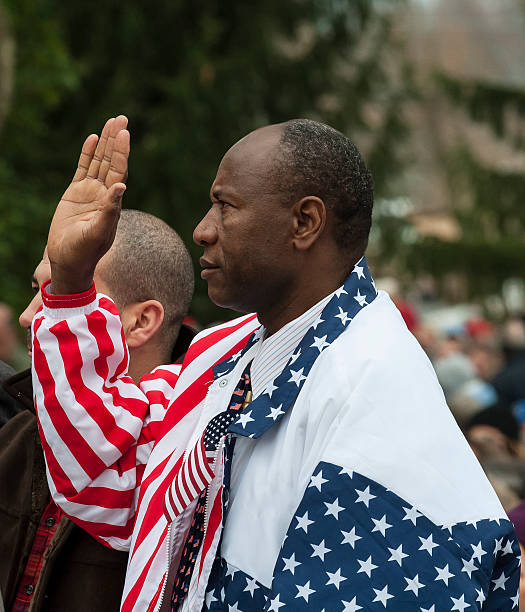Has the Pledge of Allegiance, a seemingly simple recitation, become a battleground of identity, protest, and evolving American values? The Pledge of Allegiance, a daily ritual for generations, is now at the heart of complex debates about patriotism, freedom, and the very meaning of "allegiance" in a diverse society.
From classrooms to political rallies, the Pledge of Allegiance echoes through the nation, yet its meaning is far from uniform. What was conceived as a unifying act of patriotic affirmation has, over time, become a focal point for discussions about the nature of American identity, the limits of compelled speech, and the ongoing struggle for equality and justice. Its history is intertwined with moments of national crisis, social reform, and evolving interpretations of constitutional rights.
| Topic | Information |
|---|---|
| Origin of the Pledge | Written in 1892 by Francis Bellamy, a Baptist minister and Christian socialist. Originally published in "The Youth's Companion" magazine. |
| Initial Purpose | Intended to promote patriotism and national unity, particularly among schoolchildren. |
| Evolution of the Text |
|
| The Bellamy Salute | Originally, the pledge was recited with the Bellamy Salute, a straight-arm gesture that resembled the Nazi salute. It was replaced with the hand-over-heart gesture during World War II. |
| Compulsory Recitation | The Supreme Court case West Virginia State Board of Education v. Barnette (1943) ruled that compelling students to salute the flag and recite the Pledge violates their First Amendment rights. |
| "Under God" Controversy | The inclusion of "under God" has been challenged in court on the grounds that it violates the Establishment Clause of the First Amendment, which prohibits government endorsement of religion. |
| Dissent and Protest | Some individuals and groups refuse to recite the Pledge as a form of protest against government policies, social injustice, or perceived hypocrisy. |
| Black Pledge of Allegiance | Exists as a separate expression of identity and solidarity within the African American community. Focuses on black unity, historical struggles, and aspirations for a better future. |
| Refusal by Some Black Activists | Some black politicians and civil rights activists refuse to pledge allegiance to the U.S. flag, viewing it as a symbol of slavery and racial oppression. |
| Alternative Interpretations | Some argue that the Pledge should be a genuine commitment to the ideals of liberty and justice for all, rather than a rote recitation. |
| Influence of Cold War Era | The addition of "under God" was heavily influenced by the Cold War context and the desire to contrast the U.S. with atheistic communism. |
| Contemporary Relevance | The Pledge continues to be a subject of debate and discussion in relation to issues of national identity, religious freedom, and social justice. |
| Link for More Information | ushistory.org - The Pledge of Allegiance |
- Reef Triggerfish Facts Care Is It Reef Safe More
- Free Paw Print Silhouettes Vectors Pngs More Download Now


